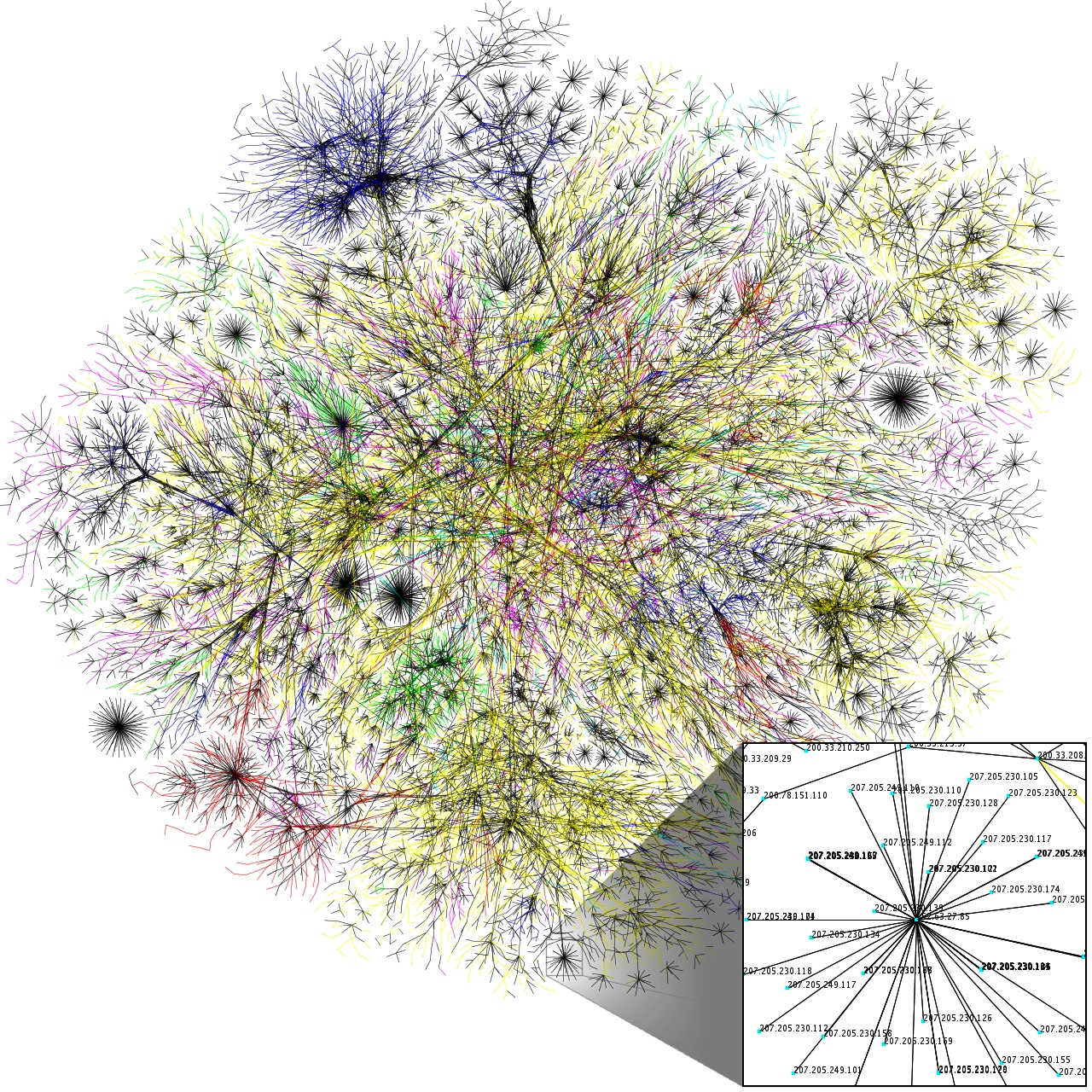Computing
 A 'Hidden Figure', Raye Jean Jordan Montague Designed a Frigate in 18 and a Half Hours
A 'Hidden Figure', Raye Jean Jordan Montague Designed a Frigate in 18 and a Half Hours
Among other posts, Raye Montague served as the program director for the Naval Sea Systems Command (NAVSEA) Integrated Design, Manufacturing, and Maintenance Program as well as the division head for the Computer-Aided Design and Computer-Aided Manufacturing (CAD/CAM) Program. On January 22, 1984, she accepted the newly created position of deputy program manager of the Navy's Information Systems Improvement Program. The movie Hidden Figures awakened an awareness of the previously unacknowledged contributions of black engineers and mathematicians in American defense and space industries, Raye Montague was dubbed a "real-life hidden figure." more »
 The Good Old Days ... Not! (Memoirs of a Former Secretary)
The Good Old Days ... Not! (Memoirs of a Former Secretary)
Rose Madeline Mula writes: The mimeograph machine was another diabolic duplicating device. If we didn't want to get purple ink all over ourselves, instead of using a ditto master, we typed a mimeograph stencil. This was a blue sheet over a stiff backing on which we typed without a typewriter ribbon so that the keys cut through the stencil. If we made a mistake, we coated it with a special white glop, waited for it to dry, and then tried to cut the correct symbols through the glop. Good luck. When the typing and glopping were finished, we wrapped the stencil around the black-ink coated drum of the mimeograph machine and cranked out the required copies. The big advantage of this method was no purple-stained clothes and body parts. We did, however, wind up with black-stained clothes and body parts. more »
 Take Note, All Women of the Elastic Generation, Here and Abroad: Lifestyles and Attitudes of British Women Aged Between 53 and 72 About Fashion and Tech
Take Note, All Women of the Elastic Generation, Here and Abroad: Lifestyles and Attitudes of British Women Aged Between 53 and 72 About Fashion and Tech
A new report from the Innovation Group London and J. Walter Thompson explores the lifestyles and attitudes of British women aged between 53 and 72. Over two thirds (69%) of 'Elastic' women think the fashion industry ignores people their age while 82% think that the clothes that are aimed at them are “way too old-fashioned.” Elastic women are tired of negative stereotypes about them when it comes to technology: 73% say they hate the way their generation is patronised when it comes to tech while 78% express no desire to buy technology that is especially designed for older people. It’s time for brands to forget the digital myth – these women were there in tech’s infancy. more »
 What Are Common Misunderstandings About Net Neutrality?
What Are Common Misunderstandings About Net Neutrality?
The change is from regulating internet providers as “public utilities” to regulating them as most other businesses in the economy. We have had a long experience with public utility regulations where companies and municipalities have provided telephone, electricity and water services across the country. Tight regulation is great for such services that do not experience a lot of change – when was the last innovation in municipal water delivery, for example? With a rapidly changing product such as internet access, it is much tougher to have regulations that benefit consumers both in terms of price and innovation. more »






